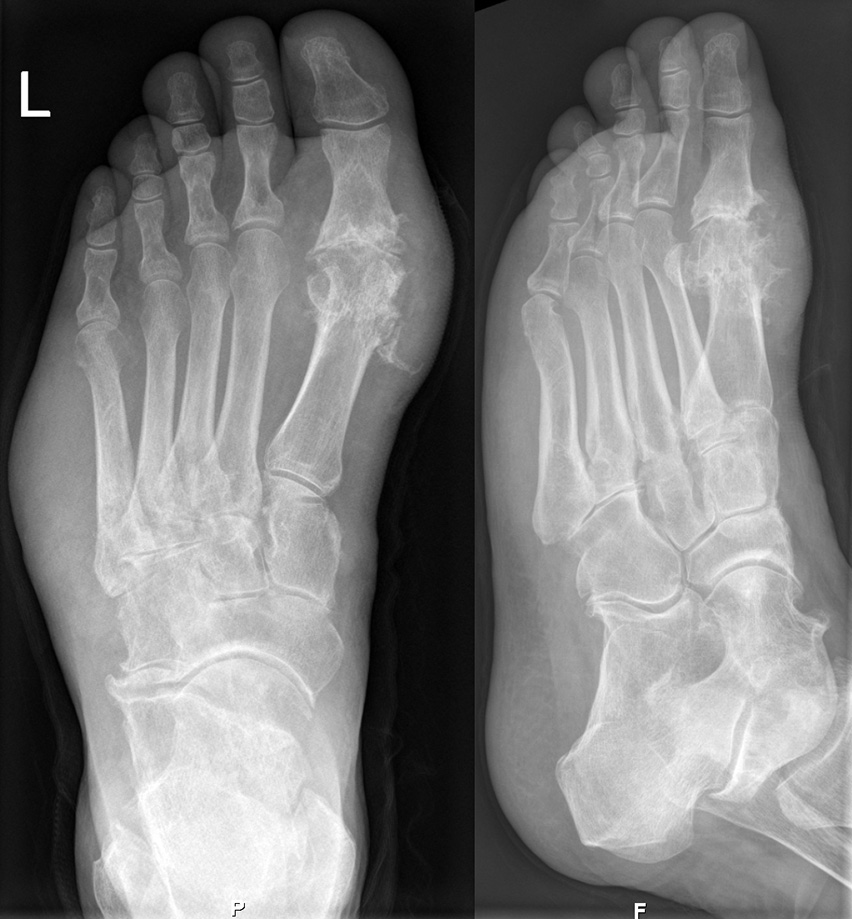The effectiveness of a proactive coping intervention targeting self-management in diabetes patients
The study’s aim was to investigate psychological, behavioral and medical long-term outcomes of an existing self-management intervention targeting the development of proactive coping skills (e.g. goal setting and identifying barriers) in type 2 diabetes patients.
Promotion of students’ mastery goal orientations: does TARGET work?
Achievement goal orientations are important for students’ ongoing motivation. Students with a mastery goal orientation show the most advantageous achievement and motivational patterns. Much research has been conducted to identify classroom structures which promote students’ mastery goal orientation.
Guilt in Bereavement: The Role of Self-Blame and Regret in Coping with Loss
Despite the apparent centrality of guilt in complicating reactions following bereavement, scientific investigation has been limited. Establishing the impact of specific components associated with guilt could enhance understanding.
A Gentle Introduction to Bayesian Analysis: Applications to Developmental Research
Bayesian statistical methods are becoming ever more popular in applied and fundamental research. In this study a gentle introduction to Bayesian analysis is provided. It is shown under what circumstances it is attractive to use Bayesian estimation, and how to interpret properly the results.
Anger: Cause or Consequence of Posttraumatic Stress? A Prospective Study of Dutch Soldiers
Many studies have shown that individuals with posttraumatic stress disorder (PTSD) experience more anger over time and across situations (i.e., trait anger) than trauma-exposed individuals without PTSD. There is a lack of prospective research, however, that considers anger levels before trauma exposure.
Bayesian analyses: where to start and what to report
Most researchers in the social and behavioral sciences will probably have heard of Bayesian statistics in which probability is defined differently compared to classical statistics (probability as the long-run frequency versus probability as the subjective experience of uncertainty).
Measurement invariance of the Illness Invalidation Inventory
The Illness Invalidation Inventory (3*I) assesses patients’ perception of responses of others that are perceived as denying, lecturing, not supporting and not acknowledging the condition of the patient. It includes two factors: ‘discounting’ and ‘lack of understanding’.
From a PhD to What? The Importance of the education-employment transition: Lessons from the Netherlands
The number of PhD graduates is on the rise. With the exception of Poland, all of the OECD countries experienced an increase in PhD graduates in the past decade (OECD, 2013). The increase in PhD graduates attests to a growth in knowledge and innovation, a growth that can be advantageous for academia, government and industry alike.
Measuring Implementation of a School-Based Violence Prevention Program: Fidelity and Teachers’ Responsiveness as Predictors of Proximal Outcomes
When school-based prevention programs are put into practice, evaluation studies commonly only consider one indicator of program implementation. The present study investigates how two different aspects of program implementation – fidelity and participant responsiveness – jointly influence proximal outcomes of the school-based violence prevention program ViSC.
Analyzing indirect effects in cluster randomized trials. The effect of estimation method, number of groups and group sizes on accuracy and power
Cluster randomized trials assess the effect of an intervention that is carried out at the group or cluster level. Ajzen’s theory of planned behavior is often used to model the effect of the intervention as an indirect effect mediated in turn by attitude, norms and behavioral intention.
Using the Youth Self-Report internalizing syndrome scales among immigrant adolescents
Although the Youth Self-Report (YSR) has been used in many studies throughout the world, little is known about the equivalence of the factor structure of this instrument for immigrant adolescents.











